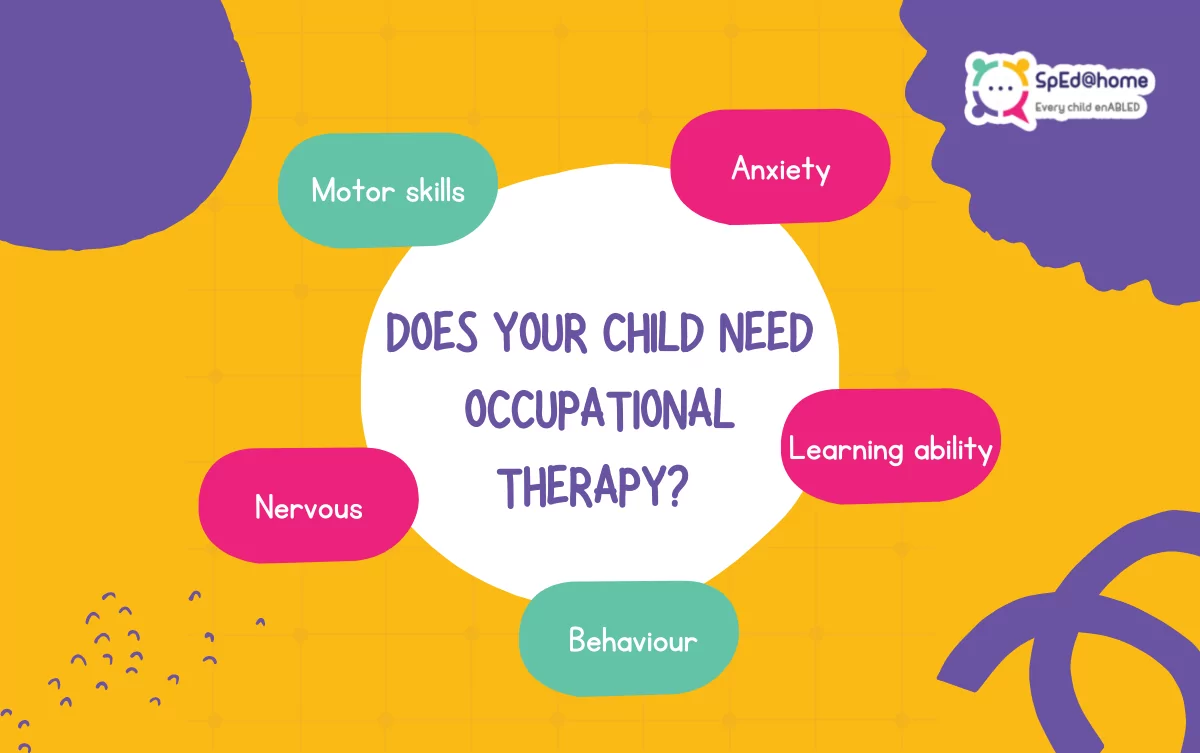ADHD Assessment for Children: Recognizing Symptoms and Seeking Help
Attention Deficit Hyperactivity Disorder (ADHD) affects many children, influencing focus, behavior, and academic performance. An ADHD assessment for children helps parents and educators understand these challenges and provide the right strategies for learning and daily life.
What is an ADHD Assessment?
An ADHD assessment is a structured evaluation conducted by psychologists, pediatricians, or educational specialists to determine whether a child shows symptoms of ADHD. The assessment examines attention span, impulsivity, hyperactivity, and executive functioning skills.
Early identification allows children to receive interventions that improve focus, behavior, and overall development.
Signs Your Child May Need an Assessment
Parents often notice signs that suggest a child could benefit from an ADHD evaluation:
- Difficulty paying attention or following instructions
- Constant fidgeting or restlessness
- Impulsivity, acting without thinking
- Trouble organizing tasks or completing homework
- Frequent interruptions or difficulty waiting their turn
- Academic performance that does not reflect their potential
If these behaviors are persistent and affect daily functioning, a professional assessment is recommended.
How the Assessment Works
A typical ADHD assessment involves:
- Parent and teacher questionnaires – Structured forms to record observed behaviors.
- Interviews – Gathering information about the child’s medical, developmental, and academic history.
- Behavioral observation – Monitoring attention, focus, and activity level during tasks.
- Cognitive and attention tests – Evaluating memory, processing speed, and executive function.
- Comprehensive report – Summarizing findings and offering recommendations for support.
Benefits of an ADHD Assessment
- Clarity about the underlying causes of attention or behavioral challenges
- Personalized strategies for home and school support
- Improved academic outcomes through targeted interventions
- Better social and emotional development as children learn coping skills
- Peace of mind for parents knowing their child’s needs are understood
Support After the Assessment
Following an ADHD assessment, specialists may suggest:
- Behavioral therapy and self-regulation strategies
- Classroom accommodations like extra time for tasks
- Organizational tools and routines for home learning
- Parent coaching to support positive behavior management
When applied consistently, these interventions can help children thrive academically and socially.
Final Thoughts
An ADHD assessment for children is an essential step in understanding and supporting a child’s unique needs. Early detection ensures timely interventions, empowering children to develop focus, confidence, and resilience in both school and everyday life.


